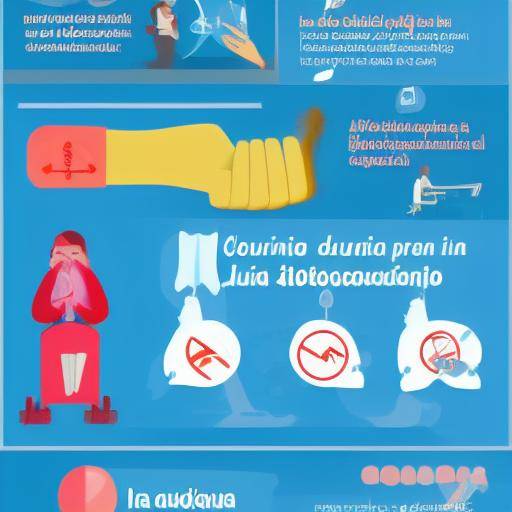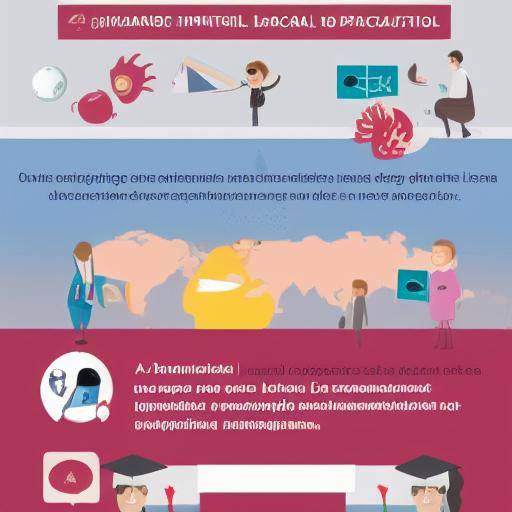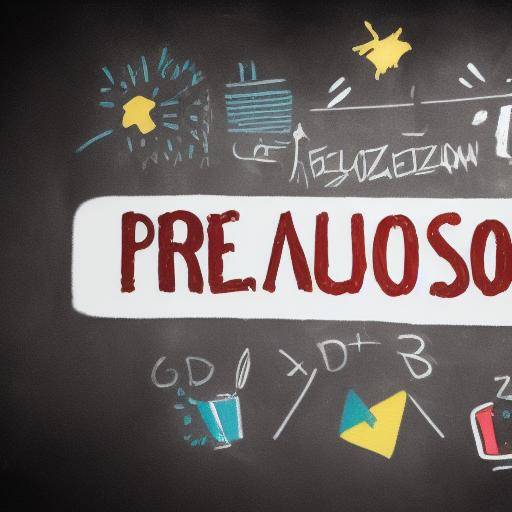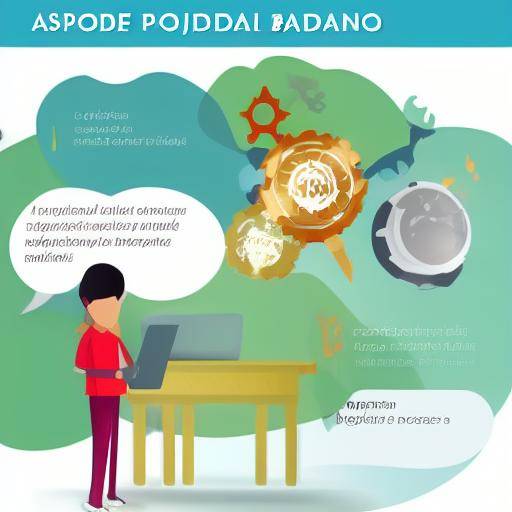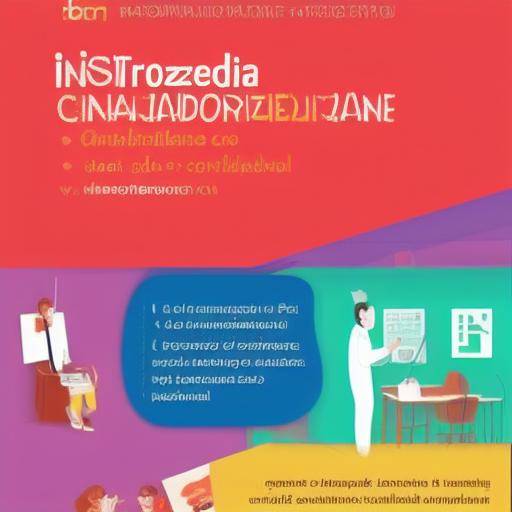
Ethical education plays a key role in the integral formation of students, instilling values, promoting critical thinking and fostering social responsibility. In the context of the school curriculum, the integration of ethical education not only strengthens academic development, but also shapes the moral conduct of future generations. In this article, we will explore the importance of ethical education in the school curriculum, its historical relevance, its practical application and future trends.
Introduction
Ethical education, as an essential part of the school curriculum, moulds the character of students, promotes empathy and promotes decision-making based on solid moral principles. This article will examine in depth the history and relevance of ethical education, its impact on the school curriculum, as well as the challenges and opportunities it faces in the current educational context.
History and Background
Ethical education has its roots in ancient civilizations, where the transmission of moral and civic values was a fundamental pillar of the educational process. From Greek philosophy to moral currents in the Middle Ages, ethical education has been a central element in the formation of individuals who are full and aware of their environment.
With the evolution of society, ethical education has experienced significant changes, facing challenges such as moral relativism and globalization. Throughout history, various philosophical trends and social movements have influenced the conception and teaching of ethics in the educational field.
Examples such as the case of Socrates and the ethics of virtue, the influence of Kantian thought on the independent morality of religion, as well as the impact of social movements on the inclusion of ethical education, provide a comprehensive picture of their evolution.
Analysis in Deep
Ethical education in the school curriculum offers significant benefits, ranging from the development of critical thinking to the formation of citizens committed to the common good. However, it also faces challenges such as adaptation to increasingly diverse societies and the integration of new technologies that raise ethical dilemmas.
The detailed analysis of practical cases demonstrates how ethical education fosters moral reasoning in real-life situations, helping young people face ethical challenges in a reflective and responsible way.
Comprehensive review
Successful integration of ethical education into the school curriculum requires a holistic approach, ranging from the training of ethics-trained teachers to the effective assessment of student moral progress. Through a detailed analysis of successful educational programmes, best practices and methodologies applicable to different educational contexts can be identified.
Experts share their vision of the relevance of ethical education in a changing world, providing valuable insights on its impact on the formation of responsible citizens and the construction of ethical communities.
Comparative analysis
The comparison of ethical education, its importance and its integration into the school curriculum reveals key aspects of understanding its complexity and transformative potential. The identification of similarities and differences allows the development of educational approaches that maximize the impact of ethical education on the integral formation of students.
Practical Tips and Accessible Recommendations
Effective implementation of ethical education in the school curriculum requires specific strategies and practical tools for educators. Providing concrete advice and actions to follow allows education professionals to carry out effective and sustainable ethical education programmes.
Perceptions of Industry and Expert Reviews
The perspectives of experts in ethical education, suimportance and their integration into the school curriculum provide a comprehensive picture of their impact on society. The opinions of experts and educational leaders provide an informed and insightful view on how ethical education can influence the construction of a more ethical and sustainable future.
Case studies and practical applications
Detailed case studies illustrate the real application of ethical education in diverse educational settings. These practical cases demonstrate how ethical education can positively influence student behaviour and decision-making, as well as the school climate in general. Specific examples show how ethical education is key to addressing contemporary ethical challenges and promoting more inclusive and morally responsible educational environments.
Future Trends and Predictions
Emerging trends in ethical education point to a greater emphasis on the incorporation of ethical competencies in all areas of the school curriculum. The intersection between ethical education and technology, as well as the growing cultural diversity in classrooms, will make the way for the evolution of ethical education in the future. Predictions based on current trends and projections of experts provide a deep insight into the future picture of ethical education in the school curriculum.
Conclusion
In short, ethical education plays a crucial role in the formation of full individuals, aware of their environment and committed to justice and equity. Its effective integration into the school curriculum not only enriches the educational experience, but also contributes to the construction of a more ethical and empathic society. It is essential to recognize the importance of ethical education and to implement concrete strategies to ensure their effective integration into the school curriculum.
Frequently asked questions
1. Why is it important to include ethical education in the school curriculum?
Ethical education promotes fundamental values, promotes moral reflection and contributes to the integral development of students. Its inclusion in the school curriculum is essential to form ethical and responsible citizens.
2. How can ethical education address contemporary ethical challenges?
Ethical education provides students with the necessary tools to address complex ethical dilemmas through the development of critical thinking, empathy and informed decision-making based on solid moral principles.
3. What are some effective strategies for integrating ethical education into the school curriculum?
Teacher training in ethical education, case studies and the promotion of ethical debates in the classroom are effective strategies for integrating ethical education into the school curriculum.
4. How can ethical education influence the school climate?
Ethical education can foster a more inclusive, empathetic and respectful school climate, creating an enabling environment for the integral development of students.
5. What role do parents and the community play in the ethical education of students?
Parents and the community play a crucial role in strengthening ethical values instilled in school and in providing positive examples of ethical behaviour.
6. What are some future trends in ethical education?
The inclusion of ethical competencies in all areas of the curriculum, the integration of ethical education with technology and the approach to cultural diversity are some of the future trends in ethical education.
With these answers to frequently asked questions, a complete vision is provided on the importance, implementation and benefits of ethical education in the school curriculum.
In short, ethical education is a fundamental pillar in the formation of full and conscious individuals, with a direct impact on society. Its effective integration into the school curriculum for the development of ethical and responsible citizens. Through a historical analysis, practical applications, future reflections and actionable advice, this article seeks to deepen the importance of ethical education in the school curriculum and its positive influence in the formation of future generations.

